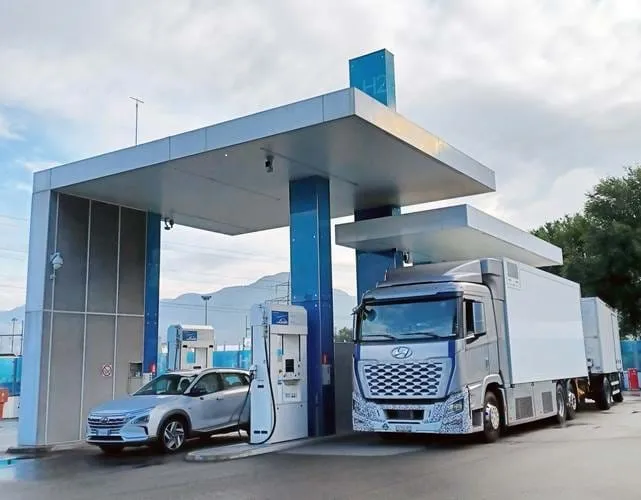Australian express road freight company, Toll Group, has unveiled what it says is the country’s first all-electric truck.
Toll will use the 10-tonne Smith Electric vehicle during an initial three-month trial that will look at how the vehicle performs in Australian conditions, and its operational cost. Toll will use data from on-board diagnostics that can be viewed online to monitor the vehicle’s performance in real-time.
The truck has a range of up to 200 kilometres and a top speed of 95km/h. It uses
September 4, 2013
Read time: 2 mins
Australian express road freight company, 7475 Toll Group, has unveiled what it says is the country’s first all-electric truck.
Toll will use the 10-tonne Smith Electric vehicle during an initial three-month trial that will look at how the vehicle performs in Australian conditions, and its operational cost. Toll will use data from on-board diagnostics that can be viewed online to monitor the vehicle’s performance in real-time.
The truck has a range of up to 200 kilometres and a top speed of 95km/h. It uses a Lithium-ion 80 kW battery and requires five to six hours overnight charge.
Speaking at the unveiling, Toll Group Environment and Energy General Manager Nick Prescott said Toll is constantly looking for ways to apply new technologies and practices to reduce the consumption of non-renewable resources.
“We are extremely excited to be the first to get a look at this type of vehicle,” Prescott said. “It is an example of the sorts of things we’re doing as part of our broader smarter green environmental program, which looks at the use of smarter fuels such as biodiesels, compressed natural gas and electric vehicles, but only when it makes operational and economic sense to do so. The Smith Electric adds to the many CNG, LNG and hybrid vehicles we operate in Australia and globally.”
Toll will use the 10-tonne Smith Electric vehicle during an initial three-month trial that will look at how the vehicle performs in Australian conditions, and its operational cost. Toll will use data from on-board diagnostics that can be viewed online to monitor the vehicle’s performance in real-time.
The truck has a range of up to 200 kilometres and a top speed of 95km/h. It uses a Lithium-ion 80 kW battery and requires five to six hours overnight charge.
Speaking at the unveiling, Toll Group Environment and Energy General Manager Nick Prescott said Toll is constantly looking for ways to apply new technologies and practices to reduce the consumption of non-renewable resources.
“We are extremely excited to be the first to get a look at this type of vehicle,” Prescott said. “It is an example of the sorts of things we’re doing as part of our broader smarter green environmental program, which looks at the use of smarter fuels such as biodiesels, compressed natural gas and electric vehicles, but only when it makes operational and economic sense to do so. The Smith Electric adds to the many CNG, LNG and hybrid vehicles we operate in Australia and globally.”








